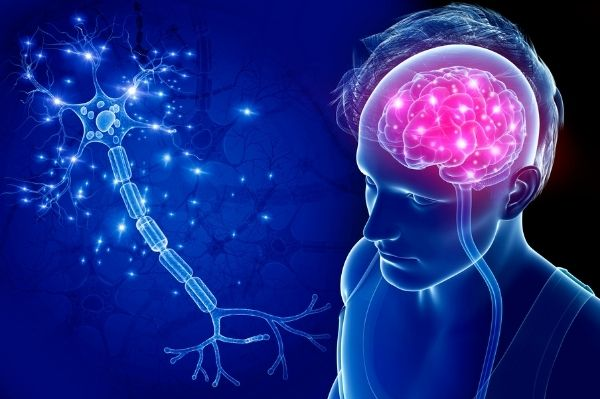
Motor Neuron Disease (MND) refers to a group of progressive neurological disorders that affect the motor neurons responsible for controlling voluntary muscle movement. These neurons, located in the brain and spinal cord, degenerate over time, leading to muscle weakness and wasting.
Causes
The exact cause of MND is often unknown, but it is believed to result from a combination of genetic, environmental, and lifestyle factors. About 5–10% of cases are hereditary due to mutations in genes such as SOD1, C9orf72, or TARDBP. Non-genetic risk factors may include exposure to toxins, viruses, and oxidative stress. Age (usually over 40) and male gender are additional risk factors.
Symptoms
Symptoms vary depending on the type of MND but often include:
Treatment:
There is no cure for MND, but treatments aim to manage symptoms and improve quality of life: